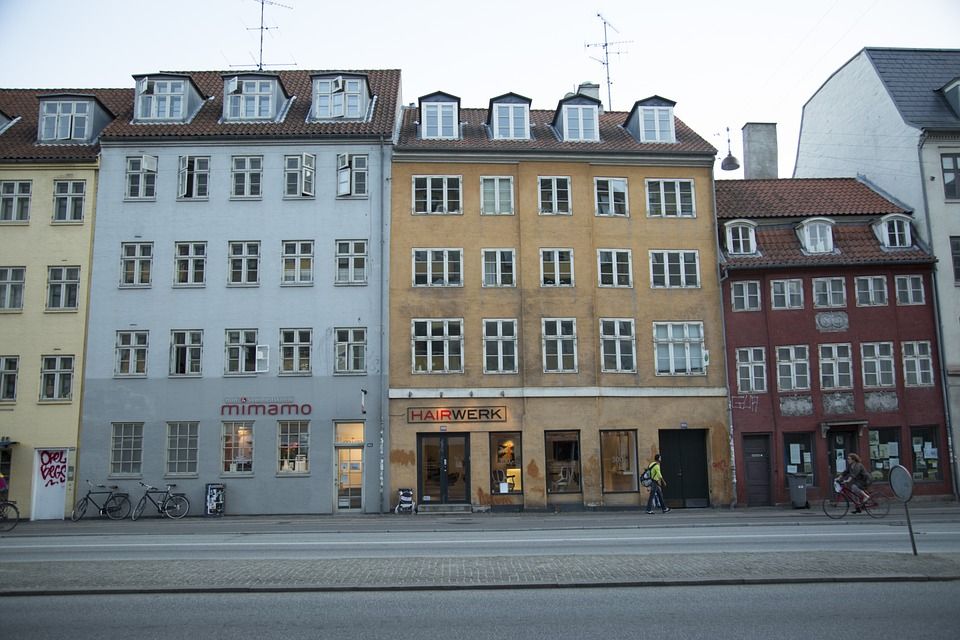Renting in Copenhagen is a minefield. Extortionate prices, dissatisfactory accommodation, withheld deposits – it can be particularly hard for youngsters and internationals to know what their rights are.
A welcome rent guide
But help is at from newly-launched Danish startup Rent Guide (rentguide.dk), which is seeking to tackle the problem by offering its services to tenants who might feel they have a case to take their landlord to court.
A free consultation will determine the strength of the case, and Rent Guide will charge a 30 percent commission should it win the case.
“We will present the case on our client’s behalf if we assess they have a legitimate claim,” Rent Guide’s founder Nikolaj Let Jensen told CPH POST.
“We believe in the ‘No victory – no costs’ principle. Therefore, our clients will never have to pay out of their own pocket, regardless of whether or not our specialists win.”
Greedy getting rich
The rapidly rising price of co-operative housing is also a problem – particularly in Copenhagen, where prices have risen by as much as 375 percent in five years, with 50 percent being the average increase. It makes it almost impossible to compare prices.
This is because close to a half of the associations have got a valuation carried out by a private enterprise (normally an estate agent) instead of a public assessor, according to a survey by Dansk Andelsbolig Analyse for Politiken.
For example, the association A/B Falsterborg in Frederiksberg has raised its price per square metre from 9,800 to 25,400 kroner over the period, which means one of its 75 sqm apartments can now be sold at a profit of 1.17 million kroner.
Hidden dangers
It wasn’t long ago that such a flat would have cost you hundreds of thousands of kroner, not millions. Technically the association members don’t own their property, but just a share in the building for which they pay a monthly ‘rent’ to service the building costs and mortgage repayments.
Marc Lund Andersen from Boligøkonomisk Videnscenter warns that greedily pushing prices up too far could have dire consequences for co-operative association members if interest rates were to suddenly rise.
Newly-established associations that took out repayment-free mortgages with variable interest rates would be the most vulnerable, he contends, particularly as the housing tax would also increase.
Tenants to blame
In related news, tenants organisation Lejernes Landsorganisation has said tenants often have themselves to blame if rent prices shoot up, as there are enough tenancy meetings to ask critical questions and also a housing appeals board, Huslejenævnet.
Rent prices have increased by 30 percent in the last decade, according to Danmarks Statistik, compared to a 17 percent general rise in consumer prices. Complaints to Huslejenævnet last year fell from 5,000 to 3,500.
And in other news, 383,065 Danes took tax deductions to have their homes refurbished last year, compared to 577,925 in 2015, following the decision to restrict the offer to climate-friendly home improvements – a move that was mainly detrimental to poor households.
According to the Tax Ministry, 26.5 percent of the top bracket (over 700,000 kroner per year) took advantage, compared to 3.6 percent of the lowest bracket (under 200,000) and 8.6 percent of the bracket above (200-350,000).














